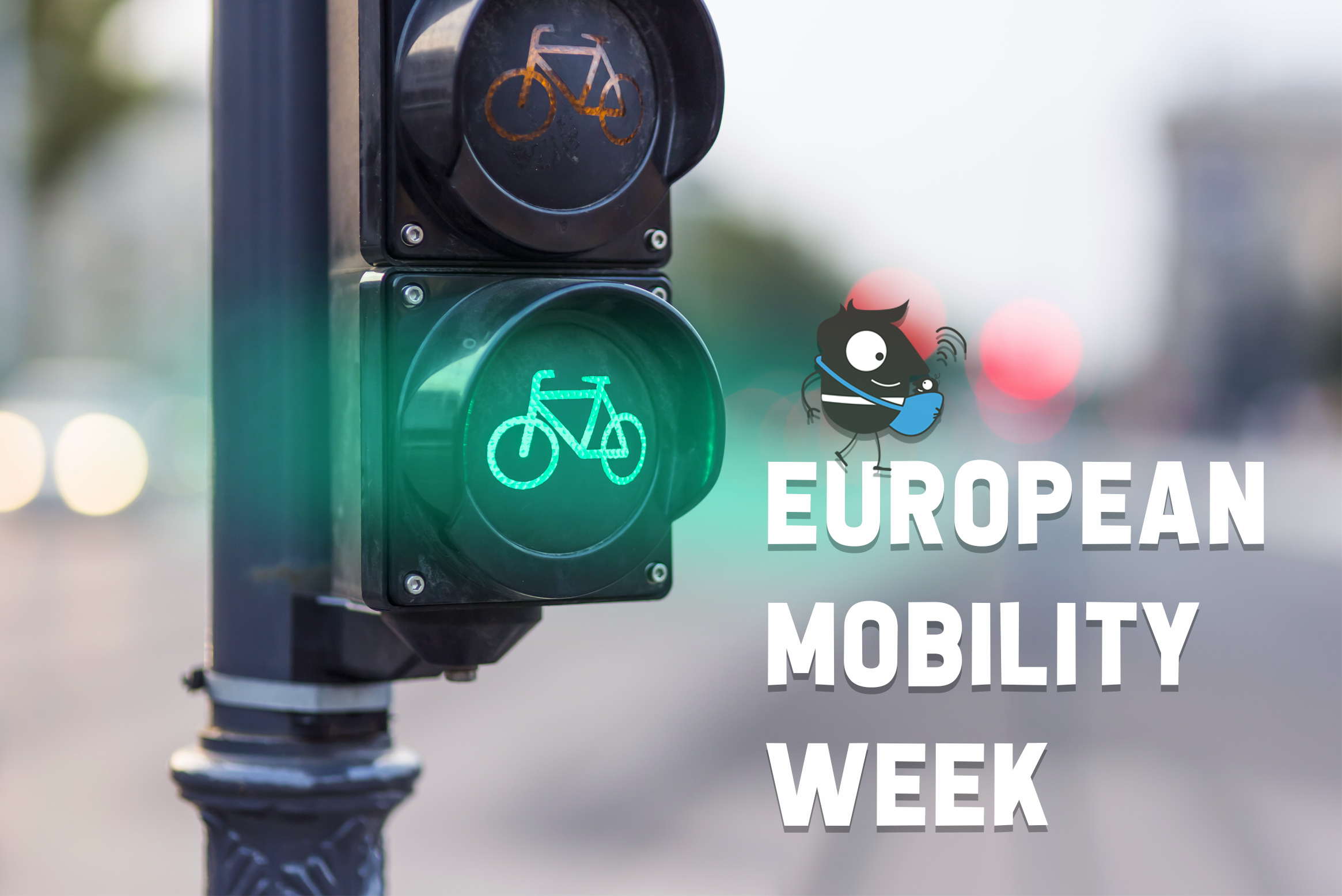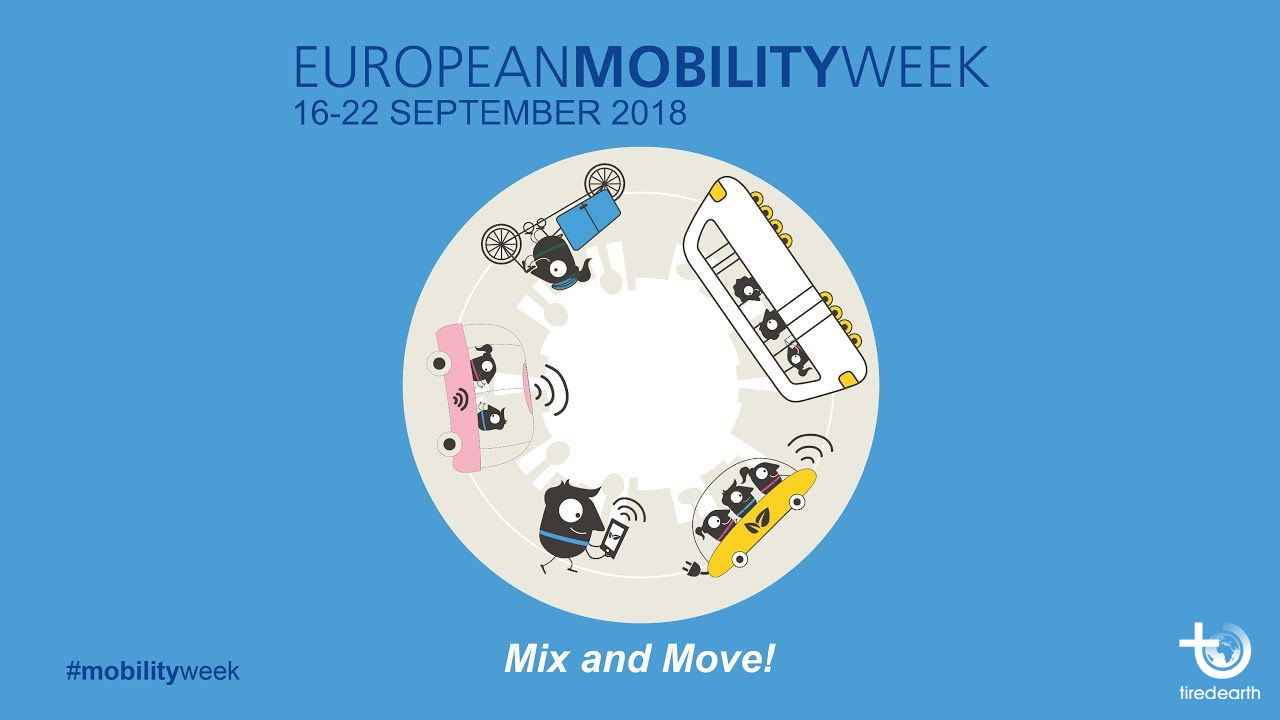The benefits of multimodality
Encourage European people to try out the variety of mobility solutions available in their towns or cities as the main goal of EUROPEANMOBILITYWEEK in 2018 have some obvious benefits to individuals, communities, and the local economy beyond environmental benefits.
1. Brings financial benefits for communities
For every dollar invested in public transportation, approximately $4 in economic returns are generated, and for every $1 billion in investments in the sector, 50,000 jobs are created and supported. So, what is the problem growing public transportation?
2. Reduces air pollution and climate change
Without a doubt, using public transit produces less air pollution resulting in climate change than lots of cars carrying a single driver.
Buses emit 20% less carbon monoxide, 10% as much hydrocarbons, and 75% as much nitrogen oxides per passenger mile than an automobile with a single occupant.
A recent research reveals that transportation accounts for 29 percent of greenhouse gas emissions in the United States.
By moving more people with fewer vehicles, public transportation can reduce greenhouse gas emissions and it results in less climate change.
3. Increases fuel efficiency
In addition of reducing air pollution and climate change, public transportation is also more fuel efficient for passengers for per mile, which contributes to an overall decrease in the amount of energy necessary for transportation. Saving 4.2 billion gallons of gasoline each year, is a responsibility of public transportation, APTA states.
4. Decreases traffic jam:
Public transportation has a key role in reducing traffic congestion. This is due to Public carrying many more people in much less space than individual automobiles, which helps to keep traffic congestion lower, which in turn reduces air pollution from idling vehicles, and helps riders avoid the stress that comes from daily driving in highly congested areas.
5. Helps to save money
$9,823 a year, is the average money you can save if you use public transportation instead of private car. avoided gas, maintenance, parking, and other expenses also save more money for those people preventing their personal automobiles and using public transportation.




.jpg)












Alice Hooffmans
2024-11-30
It encourages behavioural change in favour of active mobility, public transport and other clean, intelligent transport solutions.